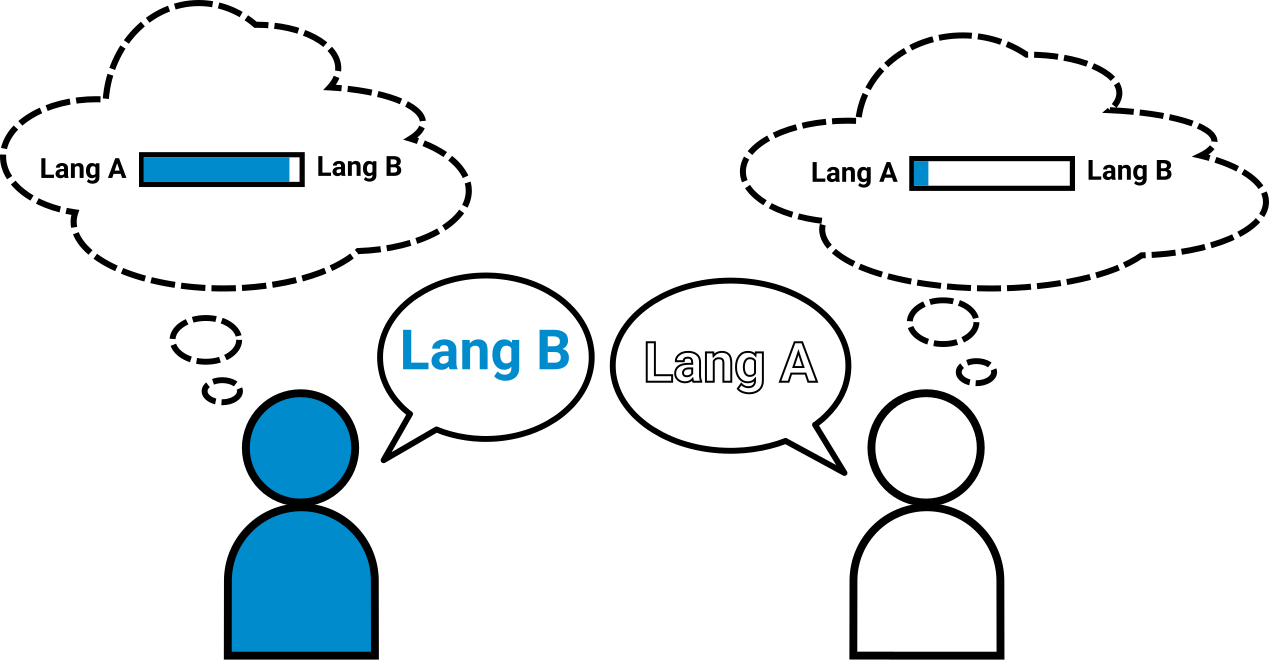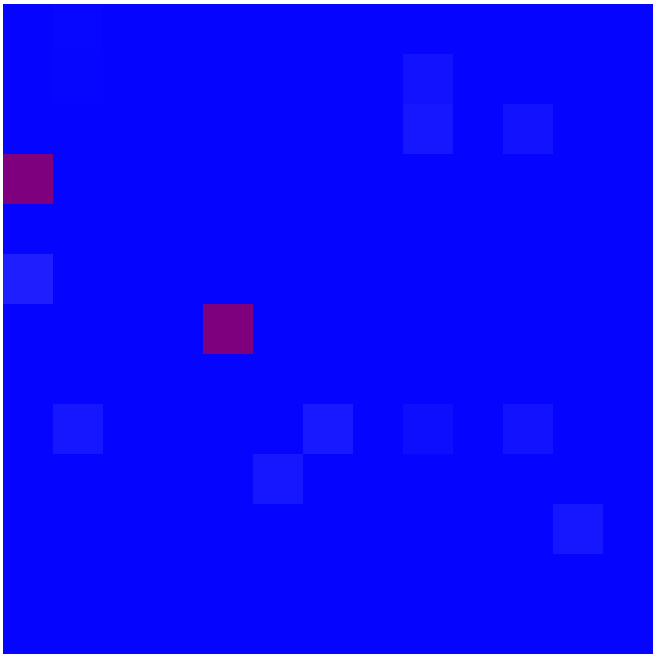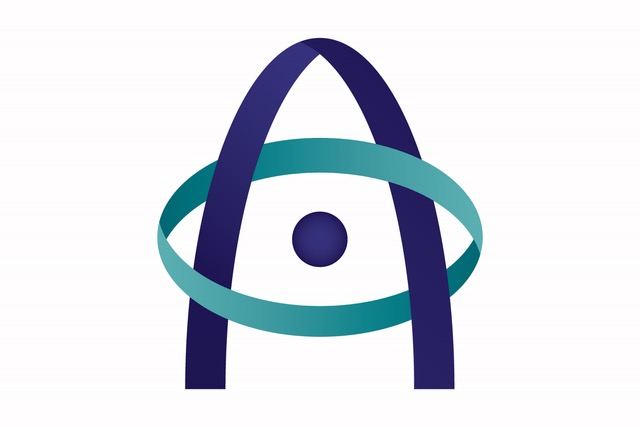Demo: Agent-based simulation of language competition
Inspired by the linguistic situation in Brussels
What happens when multiple languages are spoken in an area: will one of them take over? The demo shows how agent-based simulations, models of interactions between individuals, can help give better insight in real-world situations. The agents in this simulation have a simple cognitive model, but agents could also be equipped with more complex AI models.
In the simulation, speakers of two languages interact with each other. You can experiment with the settings for minority and majority language speakers and the cultural hubs of the minority language (e.g. schools), to see what the effect is on survival of the two languages.
Interaction

- Every agent has a language probability, which determines which language it is most likely to speak: if this is 1, it will always use the minority language, if it is 0 never. For the minority speakers, this language probability is high, for the majority language speakers, this is low.
- Every timestep of the simulation, every agent speaks.
- If the agent is a cultural hub, it speaks to all its neighbours with the minority language. The language probability of every surrounding agent is updated towards the minority language.
- If the agent is a speaker:
- Speaker first selects the language it will speak today, by sampling from its language probability.
- Then, the speaker decides to explore or exploit, by sampling from its exploitation probability:
- Exploit: speak to neighbour with language closest to own language, update this neighbour towards the language probability of the speaker.
- Explore: speak to random neighbour, update neighbour towards the language probability of the speaker.
Explanation of results
All agents white: mainly speaking majority language.

All agents blue: have taken over minority language.

Cultural hub reinforces minority language: all agents blue.

About
Developed by Peter Dekker from the ABACUS group at the AI Lab, Vrije Universiteit Brussel. Thanks to Katie Mudd and Mathilde Josserand. This work was supported by funding from the Flemish Government under the Onderzoeksprogramma Artificiële Intelligentie (AI) Vlaanderen programme and by a PhD Fellowship fundamental research (11A2821N) of the Research Foundation - Flanders (FWO).




